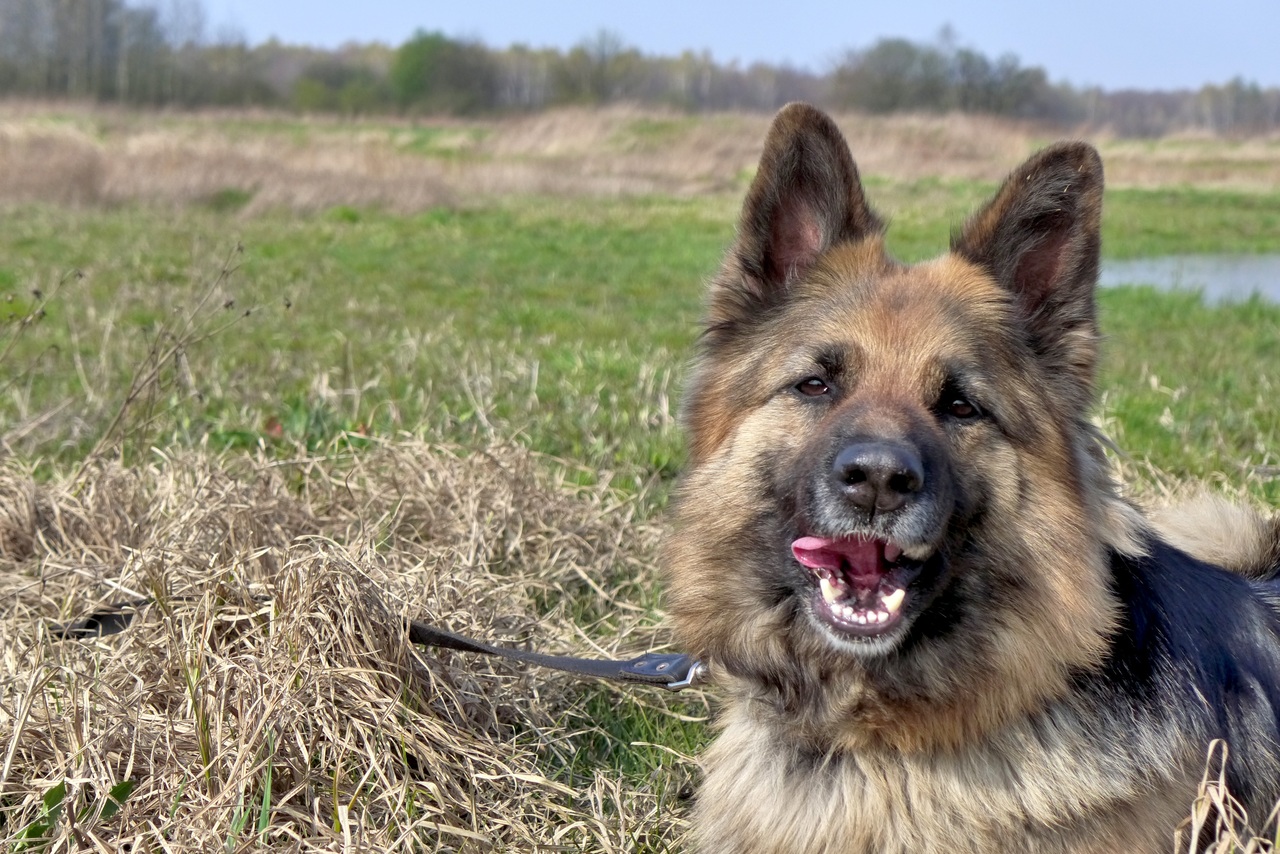 When your dog is suffering from bad breath – often referred colloquially as doggie breath – it is most likely due to bacteria in the mouth. Additionally, tartar may accumulate on canine teeth and lead to bad breath, so brushing your dog’s teeth often is recommended.
When your dog is suffering from bad breath – often referred colloquially as doggie breath – it is most likely due to bacteria in the mouth. Additionally, tartar may accumulate on canine teeth and lead to bad breath, so brushing your dog’s teeth often is recommended.
Feeding your rawhide chews or dog hard biscuits may assist in cleaning teeth and reducing the chances of bad breath in dogs. In certain cases, the cause of bad breath one’s dog may be the result of its diet, and eliminating specific foods may be beneficial.
Health problems, such as liver problems or diabetes, will require a visit to the veterinarian’s office – these medical conditions can also lead to bad breath.
Most Common Causes of Bad Breath in Dogs
Lack of proper oral hygiene
Any good veterinarian will stress the importance of maintaining good oral hygiene in pets, and dogs are no exception. A dog that is not properly cared, especially when it comes to oral care, will quickly develop doggie breath as well as additional health issues.
Also, periodontal disease will not only lead to bad breath for a dog, but can result in tooth loss and infection. Furthermore, the gums may become inflamed when chewing, leading to pain and limiting your dog’s ability to eat.
For serious matters, professional cleaning done by a vet will be necessary to stop doggie breath and aid against gum disease.
Underlying medical causes
Sometimes, even when an owner maintains proper hygiene for their dogs, doggie breath still develops or persists. In this case, the cause may be the result of an underlying medical condition.
A thorough investigation done by a veterinarian is highly recommended for figuring out any potential medical issues that need immediate attention.
Other than examining the dog’s gums and teeth, the vet will have to determine how functional the dog’s kidney and livers are.
He may also look into your dog’s blood glucose levels to ascertain if the cause is due to diabetes or not.
Gastrointestinal conditions
A dog may be afflicted with gastrointestinal conditions that lead to the spread of bacteria in its intestinal tract.
This bacteria has the potential to develop into chronic doggie breath. Also, a viral infection or parasite in the intestinal tract can also be the cause of stinky breath.
A veterinarian may be necessary to assess your dog, make a diagnosis, and assign proper treatment. The treatment may require antibiotics as well as a modification of your dog’s current diet.
Panting
In some cases, the cause of bad breath is due to completely harmless reasons. For instance, it can be caused by frequent panting by your dog.
Panting is a dog’s way of cooling itself, since dogs lack sweat glands unlike us humans. Therefore, panting is a normal and necessary way for them to cool down.
Unfortunately, panting can cause your dog’s mouth to dry out a bit, and this will result in bad breath developing.
Oral tumors
Although extremely rare, dogs have the potential to suffer from oral tumors can might cause halitosis. In the majority of the cases, the tumors are benign and can be removed without complication. Afterwards, medication may be required to assist in healing and limiting bad breath.